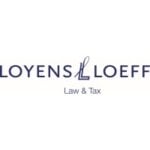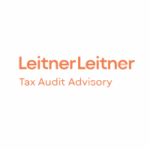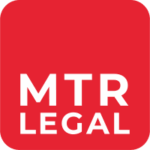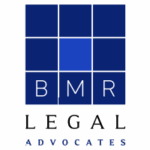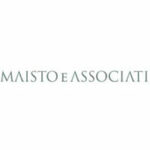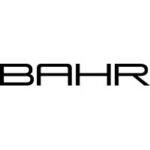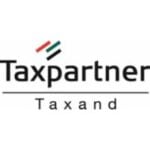-
Is it necessary for a taxpayer to register with the tax authority? Are separate registrations required for corporate income tax and value added tax/sales tax?
-
In general terms, when a taxpayer files a tax return, does the tax authority check it and issue a tax assessment – or is there a system of self-assessment where the taxpayer makes their own assessment which stands unless checked?
-
Can a taxpayer amend the taxpayer’s return after it has been filed? Are there any time limits to do this?
-
Please summarise the main methods for a tax authority to challenge the amount of tax a taxpayer has paid by way of an initial assessment/self-assessment.
-
What are the time limits that apply to such challenges (disregarding any override of these limits to comply with obligations to relief from double taxation under a tax treaty)?
-
How is tax fraud defined in your law?
-
How is tax fraud treated? Does the tax authority conduct a criminal investigation with a view to seeking a prosecution and custodial sentence?
-
In practice, how often is a taxpayer audited after a return is filed? Does a tax authority need to have any justification to commence an audit?
-
Does the tax authority have to abide by any standards or a code of conduct when carrying out audits? Does the tax authority publish any details of how it in practice conducts audits?
-
Does the tax authority have the power to compulsorily request information? Does this extend to emails? Is there a right of appeal against the use of such a power?
-
Can the tax authority have the power to compulsorily request information from third parties? Is there a right of appeal against the use of such a power?
-
Is it possible to settle an audit by way of a binding agreement, i.e. without litigation?
-
If a taxpayer is concerned about how they are being treated, or the speed at which an audit is being conducted, do they have any remedies?
-
If a taxpayer disagrees with a tax assessment, does the taxpayer have a right of appeal?
-
Is the right of appeal to an administrative body (independent or otherwise) or judicial in nature (i.e. to a tribunal or court)?
-
Is the hearing in public? Is the decision published? What other information about the appeal can be accessed by a third party/the public?
-
Is the procedure mainly written or a combination of written and oral?
-
Is there a document discovery process?
-
Are witnesses called to give evidence?
-
Is the burden on the taxpayer to disprove the assessment the subject of the appeal?
-
How long does an appeal usually take to conclude?
-
Does the taxpayer have to pay the assessment pending the outcome of the appeal?
-
Are there any restrictions on who can conduct or appear in the appeal on behalf of the taxpayer?
-
Is there a system where the “loser pays” the winner’s legal/professional costs of an appeal?
-
Is it possible to use alternative forms of dispute resolution – such as voluntary mediation or binding arbitration? Are there any restrictions on when this alternative form of dispute resolution can be pursued?
-
Is there a right of onward appeal? If so, what are all the levels of onward appeal before the case reaches the highest appellate court.
-
What are the main penalties that can be applied when additional tax is charged? What are the minimum and maximum penalties?
-
If penalties can be mitigated, what factors are taken into account?
-
Within your jurisdiction, are you finding that tax authorities are more inclined to bring challenges in particular areas? If so, what are these?
-
In your opinion, are there any areas which taxpayers are currently finding particularly difficult to deal with when faced with a challenge by the tax authorities?
-
Which areas do you think will be most likely to be the subject of challenges and disputes in the next twelve months?
Ireland: Tax Disputes
This country-specific Q&A provides an overview of Tax Disputes laws and regulations applicable in Ireland.
